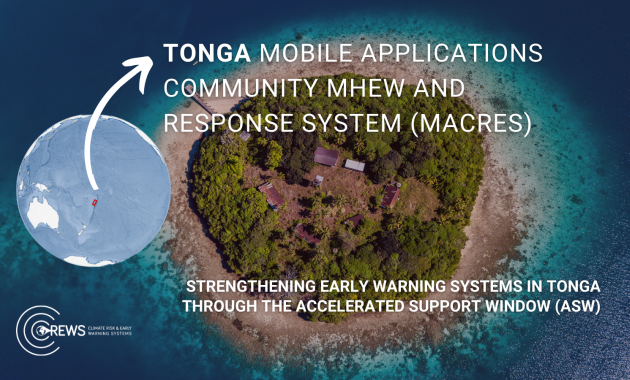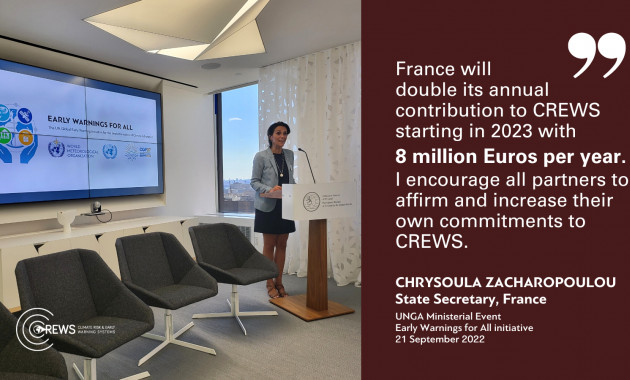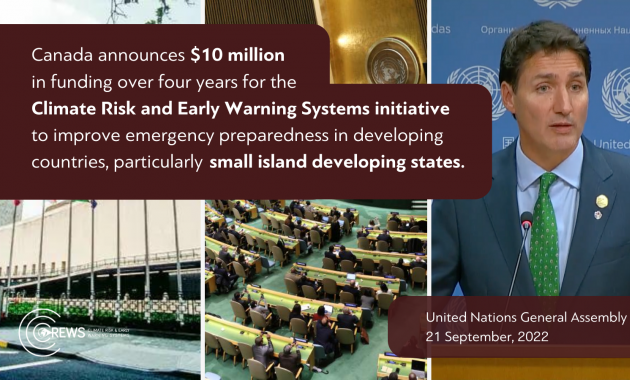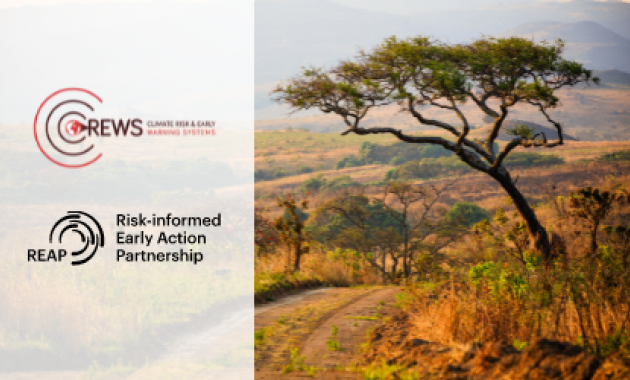Recognizing urgency of enhancing early warning systems (EWS) to assist vulnerable countries with climate change adaptation, Climate Risk and Early Warning Systems (CREWS) international initiative has been established in 2015 [1]. CREWS presently operates in countries in Africa, the Pacific and the Caribbean improving EWS to protect the most vulnerable population against hydro-meteorological hazards like tropical cyclones, droughts and floods [2]. In most of those countries, meteorological observations networks are inadequate, and EWS are basic.
This week a kickoff workshop for the CREWS-Papau New Guinea (PNG) project is being held in Port Moresby. Implementing partner organizations - PNG National Weather Service, Australian Bureau of Meteorology and WMO – are meeting with key stakeholders. Opening the workshop, Mr Samuel Maiha, Director of PNG National Weather Service, emphasized importance of international assistance to developing and least developed countries like PNG with climate change adaptation and disaster risk reduction through international initiative like CREWS. Mr Maiha said "WMO flagships like Global Framework for Climate Services and initiatives like CREWS address needs of climate sensitive sectors in PNG such as agriculture and food security, clean power and disaster risk reduction. Sustainability of such initiatives is critical for successful operations of sectors in PNG which rely on availability of climate data and products from PNG National Weather Service".
PNG is a country in the Southwest Pacific with a population of almost 7 million people; agriculture provides a subsistence livelihood for 85% of the people. PNG, the largest of the Pacific Island Countries, faces multiple climate change-related challenges. Climate-related natural disasters as well as gradual shifts in climatic conditions already pose significant risks to PNG disrupting daily life, causing damage to assets and infrastructure, destroying livelihoods, and killing or injuring people. Severe drought caused by strong El Niño event in 2015-2016 affected about 40% of PNG population with almost half a million people impacted by food shortages [3].
The government of PNG through the Office of Climate Change and Development has put its emphasis on combating natural hazards prevalent in the country including food insecurity caused by crop failures due to droughts and inland frosts.
CREWS-PNG aims to address the government priority through enhancing EWS and strengthening resilience to climate change, providing accurate and timely information about current state of climate and subseasonal-to-seasonal climate predictions, with primary focus on drought and food security related impacts, while providing benefits in other priority areas e.g. climate change mitigation and adaptation, water and sanitation impacts of drought etc.
To strengthen capacity of climate services in PNG, improved subseasonal-to seasonal prediction tools will be implemented in operations of the PNG National Weather Service. Professor Yuriy Kuleshov from the Australian Bureau of Meteorology, science lead of CREWS-PNG and his colleagues introduced to the workshop's participants the Bureau's new operational climate forecast system for multiweek, monthly, seasonal and longer-range climate outlooks; outputs of this model will be used to assist climatologists from PNG to produce temperature and rainfall outlooks for the country. "PNG National Weather Service and the Australian Bureau of Meteorology have long-lasting history of very productive cooperation on strengthening climate service, through the International Climate Change Adaptation Initiative and other collaborative programs. CREWS-PNG is another important project to strengthen climate services in PNG" said Mr Kuleshov.
Users of weather and climate information from the Department of Agriculture and Livestock, National Disaster Centre, Climate Change Development Authority, Fresh Produce Development Authority, Conservation and Environment Protection Agency and other stakeholders contributed to the development of the workshop's recommendations focusing on strengthening capacity of the PNG National Weather Service to provide high quality meteorological observations, drought monitoring and prediction services addressing users' needs.
This initiative is a dedicated effort between the World Meteorological Organization, Government of Papua New Guinea, Australian Bureau of Meteorology. It is supported under the CREWSPNG project - a three-year project worth US$1,650,000, funded by the Climate Risk and Early Warnings Initiative. The Climate Risk and Early Warning System Initiative is supported by the governments of Australia, France, Germany, Luxembourg, Switzerland and the Netherlands.









